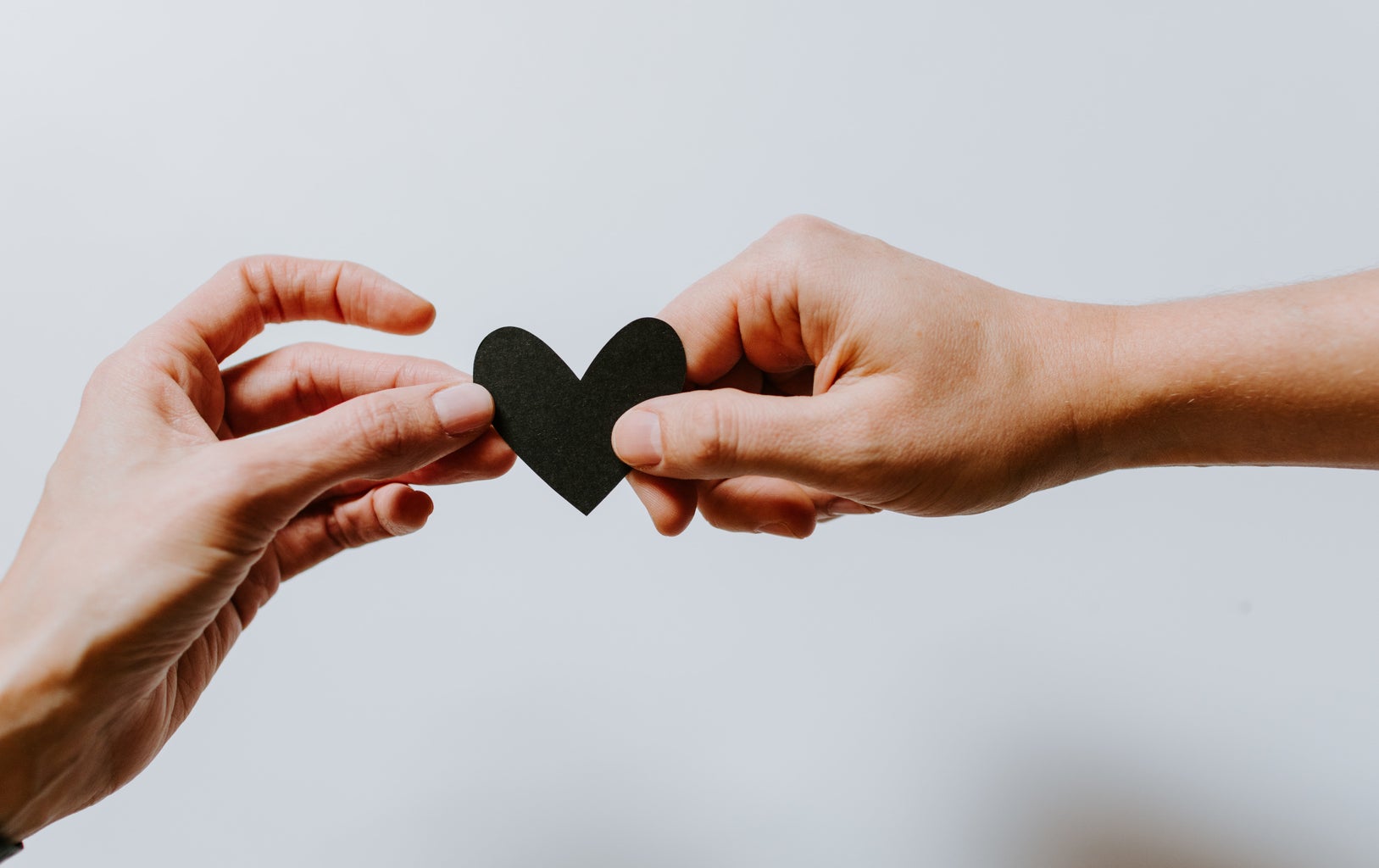What do you think of when you hear the phrase “Valentine’s Day?” I’m going to assume that the colors red, pink and white come to mind, as well as images of cards, flowers, and chocolates. Jewelry and desserts too, perhaps? The fact that we so easily associate these images with the holiday is a testament to it’s egregious commodification. Haven’t you ever walked into a store and thought to yourself: “Wow, the Valentine’s Day stuff is out already?” The reason for this is simple: money.
It feels like the meaning of Valentine’s Day, pretty much every Western holiday really, is slowly transforming into almost total consumerism. Valentine’s Day isn’t really a day to spend time with your partner anymore; it’s a time to spend money on them. In 2021, it was projected that 161.8 million Americans planned on buying Valentine’s gifts that year, amounting to $27.9 billion in spending. Plus when we factor in money spent on Valentine’s Day activities like dining out, entertainment or travel, and costs associated with things like hair, makeup and clothing for the big day, the spending for that same year was projected to be approximately $50 billion. And remember, this was in the middle of a pandemic.
And this capitalist notion of money equals love doesn’t just include those in romantic relationships, as in recent years even good-hearted attempts to create positive and unique spins on the holiday have been co-opted. A great example is Galentines, which is when you celebrate Valentine’s not with a partner, but with your best gal pals instead. Retailers have been quick to come out with Galentine’s Day branded gift boxes, mugs, and cards for you and all your besties.
Similarly, single people have also undergone a revolution in their Valentine’s Day portrayal. At one time, a single person had to justify the fact that they were single and promise that they definitely didn’t care that they were spending the holiday alone. Now, when I buy my blush colored bath bomb and box of heart-shaped Lindor truffles, I’m engaging in much deserved, consumerism-based self love, thank you very much.
And I want to stress that I think the idea of spending time with your friends, or engaging in a little self-care is great; certainly better than feeling down about the holiday. These ideas are sweet concepts, but they have been absolutely appropriated by companies. At this point, it feels like Valentine’s Day has been reduced to the vague concept of “love,” not because everyone should be included in the act of loving regardless of relationship status, but because everyone has money to spend on pretty stuff stamped with the word.
In my humble opinion, I think it’s time we reconsider what we’re buying. I mean, maybe you would say that your love language is Cartier, but I promise you that spending more money does not equate to more love. Capitalism has commodified our emotions, turning them into anything from cheap stuffed bears to expensive jewelry. So in a society where we are constantly bombarded by #ads, being critical about the ways in which we buy into consumerism is a powerful action.
I’m not saying you can’t get your partner, friend or self a box of chocolates to say “I love you” on Valentine’s Day, but we’re all worth more than that! So this year, let’s get inventive and consider what other efforts we can make to show how much we care. Personally, I’ll be using Valentine’s Day to spend a little more time with those I love instead.





